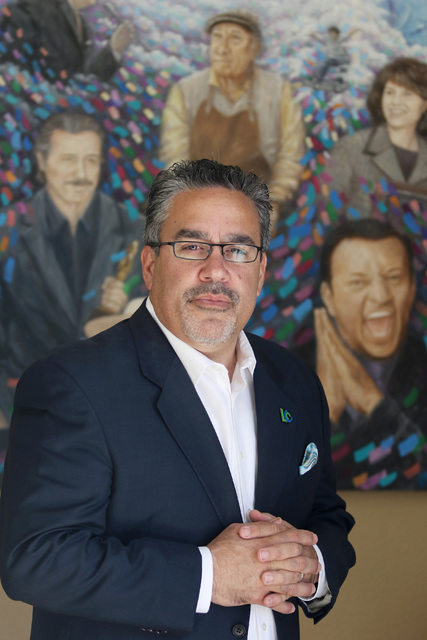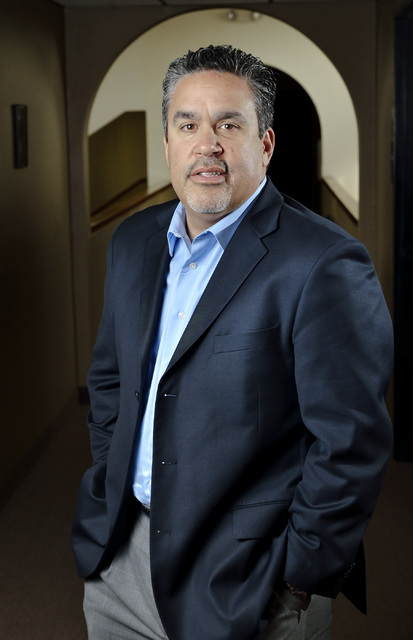Peter Guzman: Nevada businesses rely on interest deductibility for growth
As a business owner, I believe that one of the most important issues facing our nation today is tax reform.
Businesses of all sizes are struggling to compete in an increasingly competitive global marketplace due to an overly burdensome U.S. tax code compared to those of our international competitors.
Therefore, I’m glad to see that Congress is working on a robust tax reform package that they ambitiously hope to pass this year.
While I support long overdue tax reform, there is one provision within the House Republicans’ blueprint that concerns me—a proposal to limit the ability of businesses to deduct the interest they pay on debt from taxable income.
This may seem like an obscure topic, but it’s actually something most businesses of all sizes are intimately familiar with because interest deductibility is a key factor in running a modern business.
Here’s how it works: when a business owner needs constant cash flow to grow, hire more employees, or simply run their business on a day-to-day basis, they borrow money from lenders.
This is referred to as “debt financing,” and the interest on these borrowed funds can be deducted from federal taxes.
In turn, this encourages companies to take on the kind of measured risk that’s needed to create jobs and promote economic growth.
Despite the critics’ arguments, interest deductibility is not some kind of “tax loophole” for big businesses. An incredible 75 percent of start-ups rely on debt financing (and essentially, the interest deduction) to get off the ground.
Furthermore, 80 percent of all small businesses rely on interest deductibility to maintain daily operations. More than 50 million people are employed by small businesses across the country that rely on debt financing.
Limiting interest deductibility translates into an unnecessary tax increase on American businesses. While I am strongly in favor of reforming our overly-complicated tax code to promote greater economic growth and prosperity, I believe limiting the interest deduction will have the opposite effect.
Fortunately, the architect of the House blueprint, Ways and Means Committee Chairman Kevin Brady, R-Texas, is beginning to understand the negative impact his proposal to limit the interest deduction would have on our nation’s economy.
He recently expressed support for “carve-outs,” or exempting certain industries from his interest deductibility proposal within his tax reform plan.
While this is a step in the right direction, it is also indicative of bad public policy when only certain industries are shielded from the policy’s negative impact.
We desperately need to reform our complicated tax code, but in a way that will ensure America’s business community can create jobs, strengthen our economy, and compete in the 21st Century global economy.
Peter Guzman is president of the Las Vegas Latin Chamber of Commerce.












